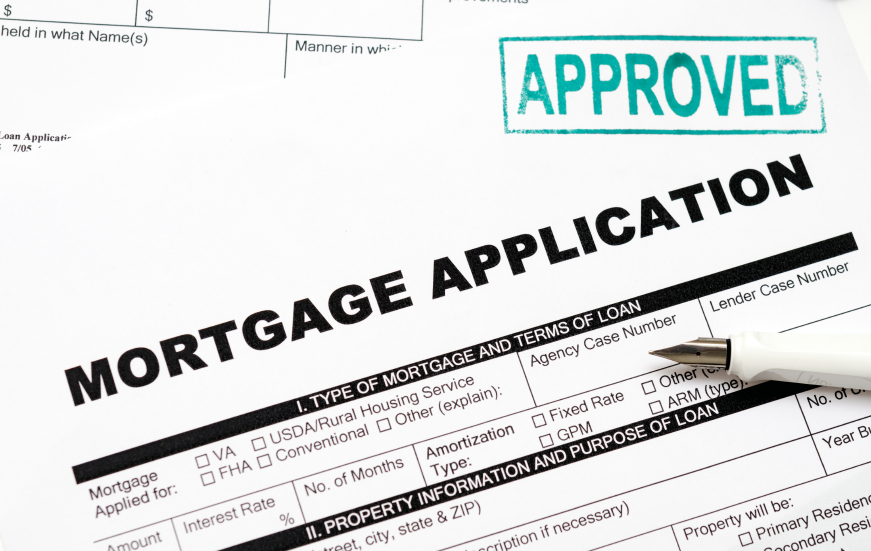Home » Uncategorised »
Mortgage Approvals Drop to Lowest Level in 9 Months, BoE Data Shows
This article is an external press release originally published on the Landlord News website, which has now been migrated to the Just Landlords blog.

UK mortgage approvals dropped to the lowest level for nine months in June, signalling a loss of momentum in the housing market, the latest data from the Bank of England (BoE) shows.

Mortgage Approvals Drop to Lowest Level in 9 Months, BoE Data Shows
There were 64,684 approvals in June – the lowest figure since September 2016 and down from 65,109 in May.
Howard Archer, an Economist at the EY ITEM Club, comments on the statistics: “The fundamentals for house buyers are likely to remain weak over the coming months, with consumers’ purchasing power continuing to be squeezed by inflation running higher than earnings growth.”
Some analysts believe that uncertainty over Brexit could also dampen the home purchase market.
“Approvals look set to decline further in the second half of this year, as lenders tighten the credit taps and households become increasingly cautious about making major financial decisions,” says Samuel Tombs, of Pantheon.
Meanwhile, consumer credit growth, which has caused concern among regulators in recent months, fell slightly, according to the Bank’s figures.
The annual rate of growth dropped to 10% – down from 10.4% in May, having peaked at an 11-year high of 10.9% last November.
Nevertheless, analysts said that the growth rate remained very strong by historical standards.
Ruth Gregory, of Capital Economics, notes: “This will clearly do nothing to allay policymakers’ fears that unsecured credit is growing too quickly.”
The latest Office for National Statistics (ONS)/Land Registry figures show that house prices rose by an average of 4.7% in the year to May, slipping from 5.3% in April.
In June last year, prices were growing at more than 8%.
Other indices from Halifax and Nationwide also show declines in growth in the wake of June 2016’s EU referendum.
Before the Brexit vote, the Treasury forecast that house prices could be between 10-18% lower by 2018 than otherwise if we voted to leave the EU.




